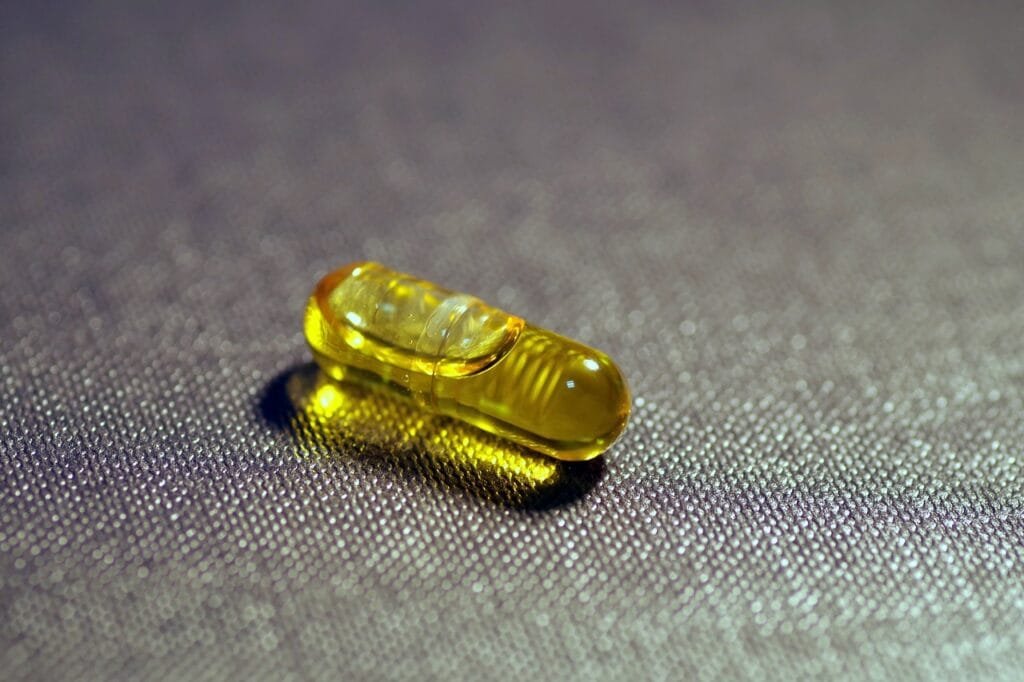The Ultimate Guide to Gut Health: Foods and Habits
The human gut operates as a “second brain” throughout your body. Your digestive system and its bacterial ecosystem perform essential functions for digestion, nutrient absorption, immune function, and mental health. The proper condition of your gut requires attention because it influences your total well-being. The delicate balance of bacteria in your digestive system becomes threatened by the combination of modern processed food consumption, stress, and a sedentary lifestyle. The good news? Your gut health remains under your control because you can maintain it by making conscious eating choices along with lifestyle modifications. The following guide presents a comprehensive overview of the optimal steps and foods required to maintain gut health and optimal operation.

Why Gut Health Matters
The human gut houses tens of thousands of microorganisms including bacteria along with viruses and fungi inside its intestinal region. The microbes in your body control both your food digestion efficiency and your ability to defend against infections. An improper balance of gut bacteria known as dysbiosis has established itself as a root cause behind bloating and constipation as well as irritable bowel syndrome (IBS), obesity, diabetes, autoimmune disorders, depression, and anxiety.
A healthy prevention of these health problems depends on maintaining proper diversity within the gut microbiome. Dietary and lifestyle modifications work as effective approaches to resume gut equilibrium.
Foods That Promote Gut Health
1. Fibre-Rich Foods
Your diet should contain fiber to establish a healthy gastrointestinal system. The gut bacteria rely on fiber as their main fuel source to thrive and become more active. Through its natural properties fiber enables proper bowel movements and protects against constipation. You can find excellent fiber in these particular foods:
– Fruits: Apples, bananas, berries, pears, and oranges.
– Vegetables: Broccoli, Brussels sprouts, carrots, sweet potatoes, and leafy greens.
– Whole Grains: Oats, quinoa, brown rice, barley, and whole wheat.
– Legumes: Lentils, chickpeas, black beans, and peas.
Your daily fiber consumption should reach 25–30 grams while you should build up this amount slowly to prevent digestive distress.
Know more about Lactose Intolerance
2. Probiotic Foods
The body contains probiotics, which represent living beneficial microorganisms that settle in the intestines to sustain its microbial community. When you eat foods containing probiotics, your digestive system receives the beneficial microbes that live inside. Examples include:
You should select plain, unsweetened yogurt when choosing this probiotic food.
The fermented milk beverage known as kefir provides nutritious value in human diets.
– Sauerkraut (fermented cabbage)
-The spicy Korean fermented vegetable known as Kimchi constitutes one of the many probiotic food options.
– Miso (fermented soybean paste)
– Kombucha (fermented tea)
The inclusion of such foods in your diet leads to the restoration of a wide range of beneficial gut bacteria.
3. Prebiotic Foods
Your gut naturally contains beneficial bacteria, which prebiotic fibers serve as their nourishment sources because they cannot be digested by your body. Your microbiome receives essential nourishment from these food items that assist bacterial growth. Common prebiotic foods include:
– Onions and garlic
– Asparagus
– Jerusalem artichokes
– Leeks
– Bananas (especially slightly green ones)
– Chicory root
When prebiotics and probiotics are used together, the benefits of both components strengthen each other.
4. Healthy Fats
Some fats serve as anti-inflammatory agents, which create a stronger gut lining structures while controlling inflammation levels. Omega-3 fatty acids, present in salmon and mackerel as well as walnuts, flaxseeds, and chia seeds, function as particularly beneficial ingredients for gut health. The consumer can improve their gut health by eating olive oil with avocados and nuts, as examples of healthy fats.
5. Fermented Foods
Through fermentation, the preservation process helps create nutritious food because it leads to the formation of helpful bacteria and enzymes. The healthy consumption of yogurt and kefir should also include these additional fermented foods:
– Tempeh (fermented soybeans)
– Natto serves as a Japanese dish prepared through the fermentation of soybeans.
– People should eat fresh pickles that result from natural fermentation instead of using vinegar as a base.
6. Bone Broth
Consuming bone broth delivers both collagen and glutamine amino acids together with other supportive amino acids beneficial for restoring the gut lining. People who drink bone broth frequently report reduced symptoms of leaky gut syndrome as well as better gut functionality.
Are you looking to Create Balanced Meals for everyday read our post
7. Polyphenol-Rich Foods
Plants produce polyphenols, which function as antioxidants to promote beneficial bacteria development in the gastrointestinal system. Foods high in polyphenols include:
– Berries (blueberries, strawberries, raspberries)
– Dark chocolate (at least 70% cocoa)
– Green tea
– Red wine (in moderation)
– Coffee
See YouTube short below.
Habits That Support Gut Health
1. Stay Hydrated
The mucosal lining of the intestines needs water to function properly, and water helps digestive tract movement. Water deficiency in the body causes both constipation and various digestive problems. People should drink eight glasses of water every day and consume hydrating foods, which include watermelon, soup, and cucumbers.
2. Manage Stress
The composition of gut bacteria changes, and a leaky gut develops as a result of persistent stress, which harms intestinal health. You should learn relaxation methods, which include meditation, deep breathing, yoga practice, and time spent in natural environments, to decrease your stress levels. Your gut receives strong support when you establish self-care practices as a priority.
3. Get Enough Sleep
Our body needs sufficient sleep to mend all biological tissues, including those situated inside the gut. The gut bacteria equilibrium and levels of inflammation become disturbed whenever you experience poor sleep. You should aim to achieve seven to nine hours of excellent sleep each night by developing regular bedtime routines and establishing a sleep environment that promotes relaxation.
4. Exercise Regularly
Movement activates proper circulation towards digestive organs, which helps beneficial bacteria multiplication. Gut motility improves through walking and cycling, alongside other forms of moderate exercise, while this physical activity also helps prevent constipation.
5. Limit Processed Foods and Sugar
Digestive health suffers when people consume processed foods and sugars because both items fuel dangerous bacteria and induce inflammation throughout the body. Stick to low amounts of sugar snacks, along with refined carbs, and fast food products. Whole foods must be your dietary choice over processed foods.
6. Avoid Overuse of Antibiotics
The practice of antibiotic overuse eliminates beneficial along harmful bacteria in the gut. When doctors prescribe antibiotics ask them for ways to minimize the side effects including post-treatment probiotic supplementation.
7. Eat Mindfully
Mindful eating requires you to notice hunger signals while carefully chewing your food until you experience enjoyment from each bite. The mindful approach to food consumption helps you eat less while letting your body better digest nutrients.
8. Limit Alcohol Consumption
Alcohol in large quantities produces gut lining inflammation which upsets the natural bacterial composition in the digestive system. Drinking less than a single can of alcohol daily should work for females while males can consume two but complete alcohol abstinence may become necessary if digestive problems occur.
Conclusion
The path to perfect gut health depends on both eating nutritious foods and practicing healthy behaviors. The combination of eating fiber-rich foods with probiotics, prebiotics, regular hydration and stress management, and physical activity creates an ideal environment for your gut microbiome to thrive. Begin by implementing one or two new practices that will accumulate beneficial effects through consistent practice. The combination of patient dedication and regular practice will lead to better digestive health, improved energy levels, and general wellness. Your gut will thank you!




